Jane Frank’s SF&F Artists of the 20th Century
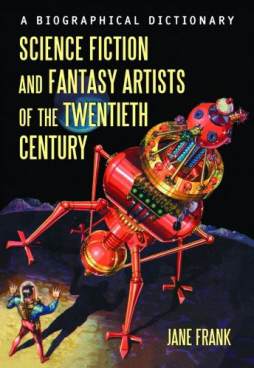 Science Fiction and Fantasy Artists of the Twentieth Century: A Biographical Dictionary, by Jane Frank
Science Fiction and Fantasy Artists of the Twentieth Century: A Biographical Dictionary, by Jane Frank
McFarland Publishing Co (534 pages, $148.00, February 2009)
My initial interest in amassing my collection of SF & Fantasy magazines began with the appeal of the cover art.
I jumped on Robert Weinberg’s Biographical Dictionary of Science Fiction and Fantasy Artists when it was published in 1988. This work has been virtually alone since then as a definitive coverage of the lives and work of most all of those whose art graced the genre pulps and digests. As with Mike Ashley’s work on the history and accounting of the magazines themselves, Weinberg’s book took front and center on my shelf of core reference books which explain so well to me what I have in my collection.
Reference books of this sort are few, and a work of passion, and as such become updated only with supreme will and dedication, as in the current case of Mike A’s updating of his original 4-volume history of the science fiction magazine. I really hadn’t expected a similar effort to come out of the Art segment of the field. Fortuitously it has now appeared.
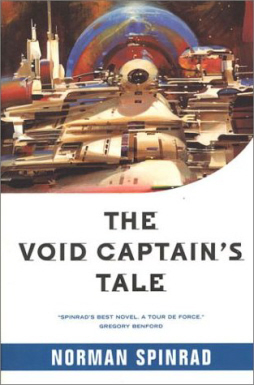 Science Fiction author Norman Spinrad, author of Bug Jack Barron, The Void Captain’s Tale, and the classic Star Trek episode that introduced the world to cigar-shaped starships of death, “The Doomsday Machine,” talks about the cruel math of “order to net:”
Science Fiction author Norman Spinrad, author of Bug Jack Barron, The Void Captain’s Tale, and the classic Star Trek episode that introduced the world to cigar-shaped starships of death, “The Doomsday Machine,” talks about the cruel math of “order to net:” 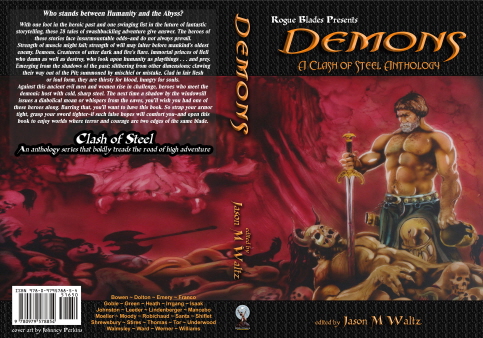 Our review copy of Demons, the new heroic fantasy anthology from Rogue Blades Entertainment and publisher/editor Jason M. Waltz, finally arrived last week.
Our review copy of Demons, the new heroic fantasy anthology from Rogue Blades Entertainment and publisher/editor Jason M. Waltz, finally arrived last week.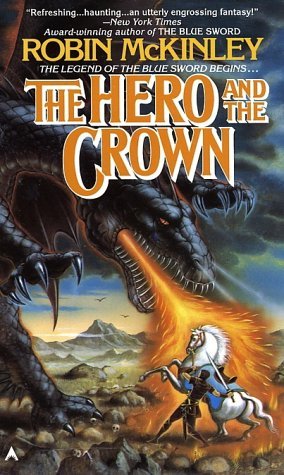 The Hero and the Crown by Robin McKinley
The Hero and the Crown by Robin McKinley But what about the single most important aspect of the writing process? Yes, I’m talking about butt-in-chair time. How do you get yourself into a good schedule and motivated to write?
But what about the single most important aspect of the writing process? Yes, I’m talking about butt-in-chair time. How do you get yourself into a good schedule and motivated to write?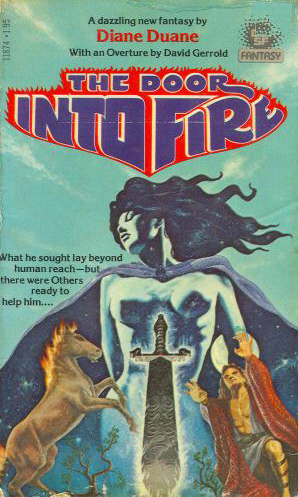 The Door Into Fire, by Diane Duane
The Door Into Fire, by Diane Duane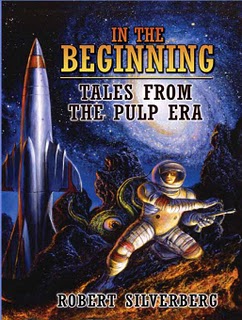 In a post on his blog last week, Canadian science fiction author Robert Sawyer asked “
In a post on his blog last week, Canadian science fiction author Robert Sawyer asked “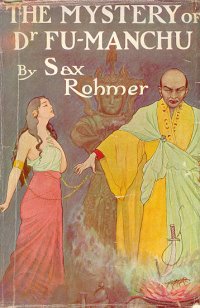
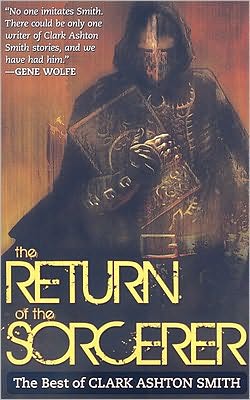 Confession: I am a fan of pulp fantasy who has, until recently, read very little Clark Ashton Smith. Yes, the man who comprises one of the equilateral sides of the immortal Weird Tales triangle has largely eluded me, save for a few scattered tales and poems I’ve encountered in sundry anthologies and websites.
Confession: I am a fan of pulp fantasy who has, until recently, read very little Clark Ashton Smith. Yes, the man who comprises one of the equilateral sides of the immortal Weird Tales triangle has largely eluded me, save for a few scattered tales and poems I’ve encountered in sundry anthologies and websites.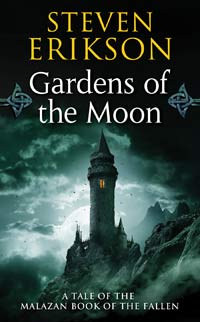 Over at Tor.com, bloggers Bill Capossere and Amanda Rutter have commenced an epic re-read of all ten volumes of The Malazan Book of the Fallen, starting with the first novel, Gardens of the Moon.
Over at Tor.com, bloggers Bill Capossere and Amanda Rutter have commenced an epic re-read of all ten volumes of The Malazan Book of the Fallen, starting with the first novel, Gardens of the Moon.